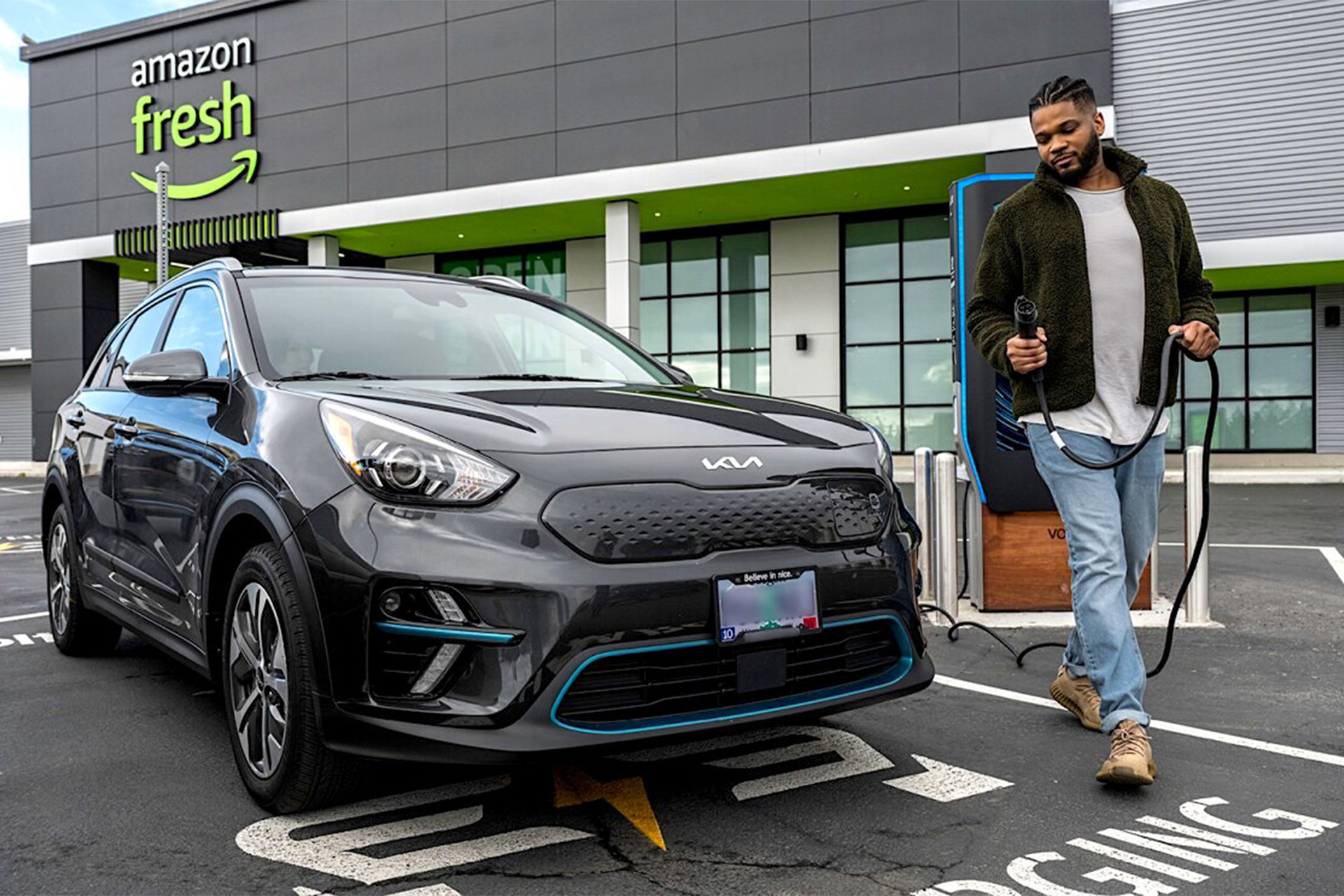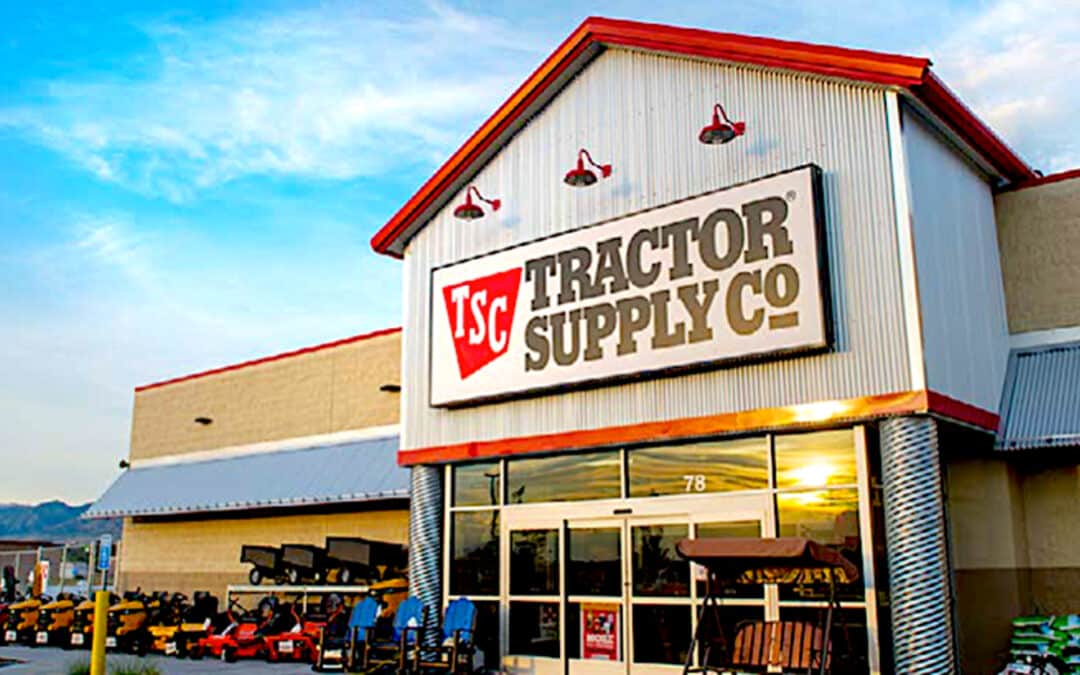As it adds new physical stores, Amazon is not only increasing its experience of bricks and mortar retailing but also is learning how to bring such operations into line with its larger corporate goals, including sustainability, as in the case of its latest Amazon Fresh location, which has become the world’s first grocery store pursuing zero carbon certification from the International Living Future Institute the company maintained.
Amazon characterized the move to achieve certification as an important milestone in meeting its Climate Pledge commitments, and the effort certainly could help its appeal to younger, more environmentally conscious consumers. A study published earlier this year by market researcher First Insight demonstrated that every generation of consumers expects companies to become more sustainable over time, and by significant majority versus those who don’t. However, in more specific terms, Gen Z was the only generation that mounted a majority faulting Amazon for a particular fault, using excess packaging. Amazon is getting additional scrutiny for the environmental impact of not only its packaging but also for the factor on which it has recently built its business: free Prime delivery that drops off packages as often as members of the program want. The addition and expansion of sustainability initiatives may weigh against other environmental concerns consumers have, especially younger consumers. In the study, Gen Z was the generation most likely to say it purchases based on its values, at 72%.
In seeking net-zero carbon certification for its newest Amazon Fresh grocery store, the company has made more than a dozen upgrades and feature adds to the basic design of the 35,000-square-foot Seattle store. As a result of the modifications, Amazon anticipates that the store will save almost 185 tons of CO2e each year, equivalent to driving around the Earth 18 times in a standard passenger vehicle.
Store upgrades include transitioning to a CO2-based refrigeration system, which reduces greenhouse gas emissions by 38 metric tons per year compared to a conventional equivalent, Amazon noted. The store also uses steel byproducts in the concrete floor to reduce the embodied carbon — the carbon associated with the manufacturing and installation of the flooring — by about 40% when compared to a standard concrete floor. Another critical change is a fully electric kitchen space, where the store prepares fresh food, equipment that reduces the need for fossil fuel combustion. The store will use 100% renewable electricity sourced from Amazon’s renewable energy projects, the company emphasized, which will help the company move to 100% renewable energy operations by 2025.
Some of the upgrades will be used at all Amazon Fresh grocery stores going forward, such as lower-carbon concrete flooring, which will help to reduce embodied carbon.
Amazon co-founded The Climate Pledge in 2019 as a commitment to be net zero carbon across its business by 2040, the company pointed out, 10 years ahead of the multinational Paris Agreement.
The new Amazon Fresh store is the company’s 26th in the United States and its fourth operating in the greater Seattle area.
“We are constantly thinking about what we can do to make the customer shopping experience easier, more seamless and more sustainable,” said Stephenie Landry, vice president of Amazon Grocery, in announcing the certification push. “We know many customers are prioritizing sustainability in what products they buy and where they choose to shop. With our newest Amazon Fresh store, we are taking the next step on our path to becoming a net-zero carbon business by 2040, and we welcome customers to experience this firsthand while shopping with us in this store.”





